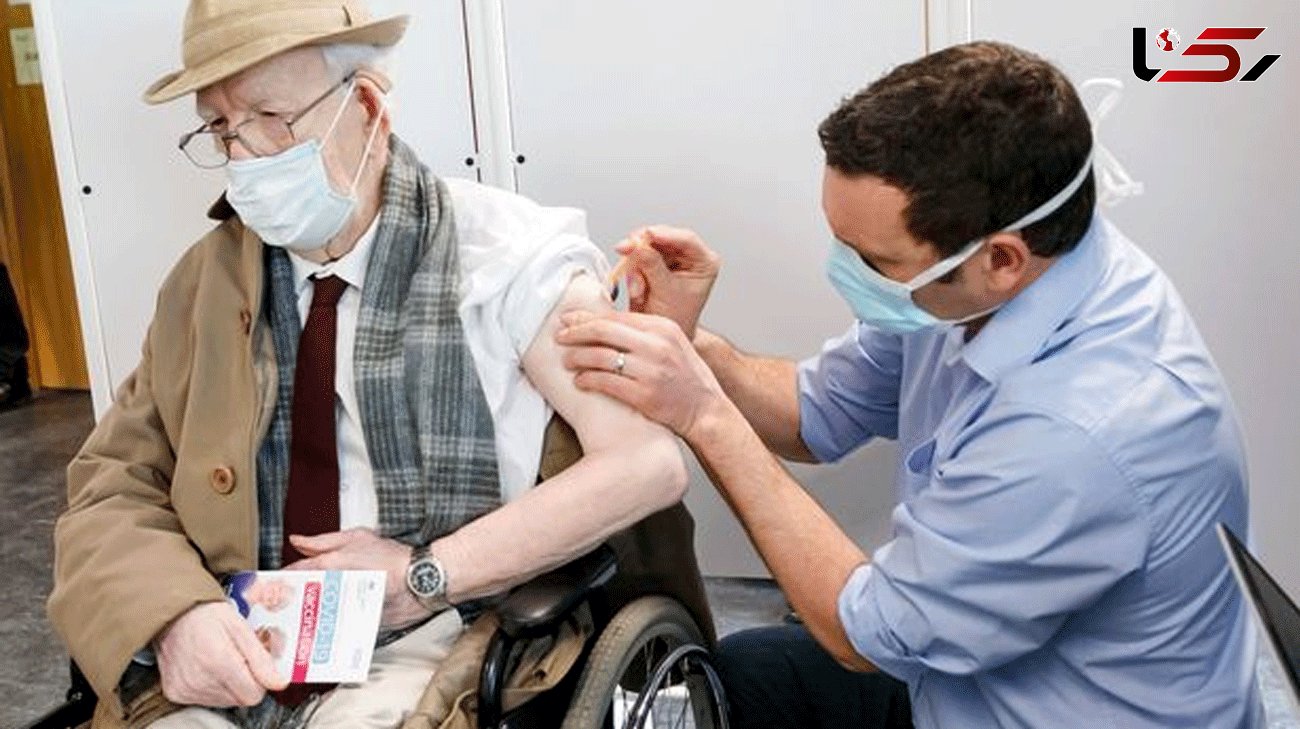Current vaccine programme 'not enough to develop herd immunity' study suggests
Rokna: Researchers from the University of East Anglia found that the only way to reach herd immunity for the UK would be to vaccinate almost everyone – including children – with the more effective Pfizer vaccine

The Government's vaccination programme may not be sufficient to achieve herd immunity even if everyone in the UK is vaccinated, according to a new study.
Both the Oxford and Pfizer vaccines are being rolled out nationwide and the Government says 4.6million people have received the jabs so far.
Taking into account the highly transmissible new Covid-19 variant, researchers from the University of East Anglia found that the only way to reach herd immunity for the UK would be to vaccinate almost everyone – including children – with the more effective Pfizer vaccine.
They say data for the recently licenced Moderna vaccine would be similar to the Pfizer results.
And the study recommends that all health and social care professionals should receive the 95 per cent effective Pfizer/Moderna vaccines to prevent asymptomatic spread to patients and vulnerable people.
Due to the rapid response nature of this research it has not yet been peer reviewed.
Covid-19 expert Prof Paul Hunter, from UEA’s Norwich Medical School, said the team wanted to find out if herd immunity was a realistic outcome of the vaccination programme.
The research team used mathematical models of Covid-19 transmission and vaccine efficacy to predict how well the Oxford and Pfizer vaccines will work to bring the R number down and achieve herd immunity.
They initially found that 69 per cent of the population would need to be vaccinated with the Pfizer vaccine, or 93 per cent of the population with the Oxford vaccine, to bring the R number below one.
Vaccinating the entire population with the Oxford vaccine would only reduce the R value to 1.325, the study found.
Meanwhile the Pfizer vaccine would require 82 per cent of the population to be vaccinated to control the spread of the new variant.
Modeller Prof Alastair Grant, from UEA’s School of Environmental Sciences, said: “Vaccinating 82 per cent of the population with the Pfizer vaccine would control the spread of the virus - but it isn't licenced for use on under 16s, who make up 19 per cent of the population.
“Also, some people will refuse the vaccine, so achieving an 82 per cent vaccination rate will likely be impossible.
"In the absence of vaccination, ‘herd immunity’ would only occur when 89 per cent of the population has had the virus.”
Prof Grant added: “We know that a substantial fraction of those who have been vaccinated or have had a natural infection can still become infected and pass the virus on others.
“It is very worrying that vaccinated but asymptomatically infected people could still pass Covid-19 on to those who have not been vaccinated, and particularly those who may be immunocompromised.
“For this reason, we recommend that health and social care workers, and others who have lots of contacts with those vulnerable to infection, should receive one of the mRNA vaccines in preference.
The Oxford vaccine will no doubt be an important control intervention, but unless changes to the dose regime can increase its efficacy, it is unlikely to fully control the virus or take the UK population to herd immunity.”
Prof Hunter added: “If we cannot achieve herd immunity, vulnerable unvaccinated individuals will remain at risk.
“We do need to consider how best to protect these individuals when social restrictions are eventually relaxed as the result of a successful vaccine roll out programme.”
Prof Hunter was funded by the National Institute for Health Research Health Protection Research Unit (NIHR HPRU) in Emergency Preparedness and Response at King’s College London in partnership with Public Health England (PHE) and collaboration with the University of East Anglia.Follow the Official Rokna NEWS Telegram Channel For More and fresh NEWS.
mirror

Send Comments